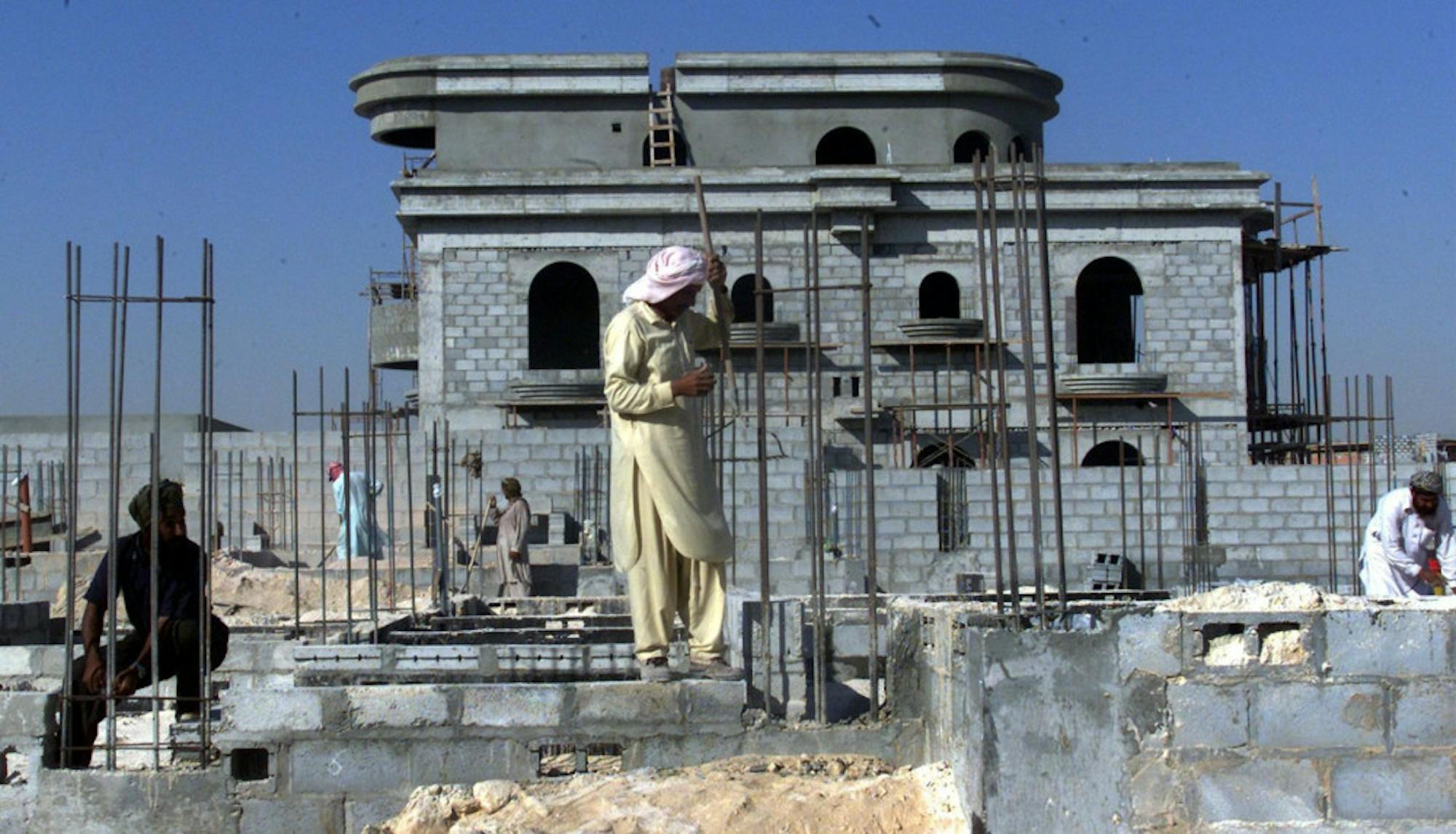It has only been a hobby for a few years, but I can’t stop following soccer. It makes for a lot of fun when it overlaps with Middle East politics.
It seems they have found a strange intersection in Qatar. Otherwise known as the beautiful game, soccer now plays a key role in the new Qatari grand strategy. This small, wealthy Gulf Arab nation is best characterized by the analogy of a neglected child. Feeling he does not get enough attention, the child screams, lashes out, cries and acts out in a desperate effort to return to the spotlight.
Extremely pragmatically, Qatar’s government has elected to use their most abundant asset — cold, hard cash — as a mechanism for the achievement of their strategic goals, as part of a diplomatic offensive of sorts.
The new Qatari foreign policy can be divided into three major pillars, the first of which is funneling money to radicals throughout the Middle East and North Africa. Not long ago, Foreign Policy reported that Qatar had been funneling lump sums of money to more extreme elements of the Free Syrian Army as well as select Islamist groups in Libya.
Qatar has provided even more financial support to the Gaza-based Hamas terror organization. According to The Times of Israel, “Since Hamas assumed control in Gaza in 2007, Qatar has poured hundreds of millions of dollars into the territory and backed Hamas diplomatically, sheltering its exiled leader Khaled Mashaal.”
In addition to subsidizing violence, it has poured money into surreal development projects like the construction of a utopian port city called Lusail. Why Qatar is embarking on this project now is the $45 billion dollar question.
The answer to this rather expensive conundrum is none other than soccer. The construction of Lusail has proven an integral part of Qatar’s bid to host the 2022 World Cup.
What is even more incredible than Qatar’s lofty aims is that the plan worked. Well, at least for now. The argument that the World Cup preparations have suffered from setbacks is an understatement, to say the least.
As reflected in a recent Business Insider piece, “The International Trade Union Confederation estimates that 4,000 workers will die in Qatar by 2022.” At least the weather will be suitable: “Qatar originally promised to stage the tournament in summer using space-age cooling systems, but four years later it's unclear if those cooling systems are even possible, and everyone agrees that playing and watching soccer in 120-degree heat is unsafe.”
Not to mention the fact that the entire project is behind schedule.
In the wake of the laughable 2014 Sochi Olympics and its spray-painted grass and unfinished hotel rooms, it’s safe to say that we still live in an age where major sporting events are strongly linked to authoritarian politics.
I would not be so alarmed by this phenomenon if Qatar weren’t so close to achieving their strategic goals. After all, money speaks loudly and clearly.
The United States should undertake a diplomatic counteroffensive in confronting Qatar’s unconventional rise. On a practical level, if Qatar is allowed to host the World Cup, it will set a dangerous precedent. Other countries will undoubtedly follow in the minuscule Gulf Arab nation’s footsteps, wiring cash to terror groups around the region — and the globe.
As Syria burns and Iraq is embattled, further external funding being pumped into conflicts is far from the ideal with respect to American interests. Biggie Smalls was right that more money means more problems. Influxes of cash, and therefore weapons and influence, make crises harder to control and manage and exceedingly likelier to spiral even further out of any control, American or otherwise.
Economically speaking, a Qatari World Cup will be disastrous. The so-called White Elephant Effect argues that World Cups and Olympics create a devastating economic bubble for local markets for decades. It has proven true in Brazil, Sochi and Beijing. Why would Qatar be an exception to this alarming trend?
From a human rights perspective, stripping Qatar of the 2022 World Cup would be a strong message to the authoritarian traditions on which the Qatari regime is grounded. It would be a prime opportunity to publicly discourage authoritarianism.
Seeing that Qatar is rational, we will need to alter the cost-benefit calculations in the eyes of the Qataris. Whether this manifests itself in sanctions or in another form is worthy of serious discussion.
American success would give Qatar’s Regime a clear suggestion: Abort the Money Doctrine and try something else.
Ultimately, I’m not optimistic. FIFA’s corruption is both blatant and deeply rooted, perhaps even pathological. History has shown that sanctions of authoritarian regimes can only go so far.
Here’s hoping the first winter World Cup is not totally disastrous, that Qatar’s Money Doctrine finally grinds to a halt.
Qatar’s got a brand new bag






